Upon arriving at the Byrd Center, students were greeted by our Director of Programs and Research, Dr. Jay Wyatt, as well as Manny Arvon, Superintendent of Berkeley County Public Schools, and West Virginia State Senator John Unger. Students also received a welcome to Shepherd University from the admissions office. The first session of the workshop students attended was led by Dr. Charles Flanagan, Director of Educational Programs for the Center for Legislative Archives (National Archives and Records Administration). Students participated in a “mapping the constitution” exercise, identifying the six major ideas of the United States Constitution and comparing them to determine how the framers conceptualized the structure and separation of powers in our federal government. Dr. Flanagan has conducted this lesson plan at the Byrd Center before for our annual Teacher Training Institute.
Students had the opportunity to explore original archival documents as they toured the Byrd Center’s collections with our archivist, Jody Brumage. During the tour, students learned about the types of records the Byrd Center preserves in its collections and about the members of congress whose papers make up the center’s archives. After touring the stacks, everyone gathered in the reading room to view selected photographs, documents, and objects from congressional delegations that Senator Byrd and Congressman Staggers, Sr., took during their careers. The presentation included Senator Byrd’s first international trip in 1955, Congressman Staggers, Sr.’s NATO delegation trip in 1963, Senator Byrd’s meeting with the Shah of Iran in 1978, both members’ visits to China in the 1970s, and lastly, Senator Byrd’s meetings with Soviet leader Mikhail Gorbachev in 1985. Having completed the mapping of the constitution and explored historical records and events of the constitution in action, the students concluded the workshop by applying those experiences in a deliberative conversation led by Jay Wyatt that focused on finding ways to overcome polarization and partisanship and improve public discourse. This session was modeled on a public forum workshop titled “The Divided State of America: How Can we Get Work Done Even When We Disagree?” that was developed by the Kettering Foundation in collaboration with the Association of Centers for the Study of Congress (ACSC). Students participating in the forum discussed how polarization and partisanship have impacted their communities and considered a variety of pathways that could lead to improved public discourse and more effective collaborative problem solving. A core part of the Byrd Center’s mission is to facilitate a greater public understanding about Congress, the Constitution, and representative democracy, and it was our pleasure to host such civically-engaged students, faculty, and administrators. Stay tuned for news about similar events in the future.
Comments are closed.
|
Welcome to the Byrd Center Blog! We share content here including research from our archival collections, articles from our director, and information on upcoming events.
Categories
All
Archives
July 2023
|
Our Mission: |
The Byrd Center advances representative democracy by promoting a better understanding of the United States Congress and the Constitution through programs and research that engage citizens.
|
Copyright © Robert C. Byrd Center for Congressional History and Education
|

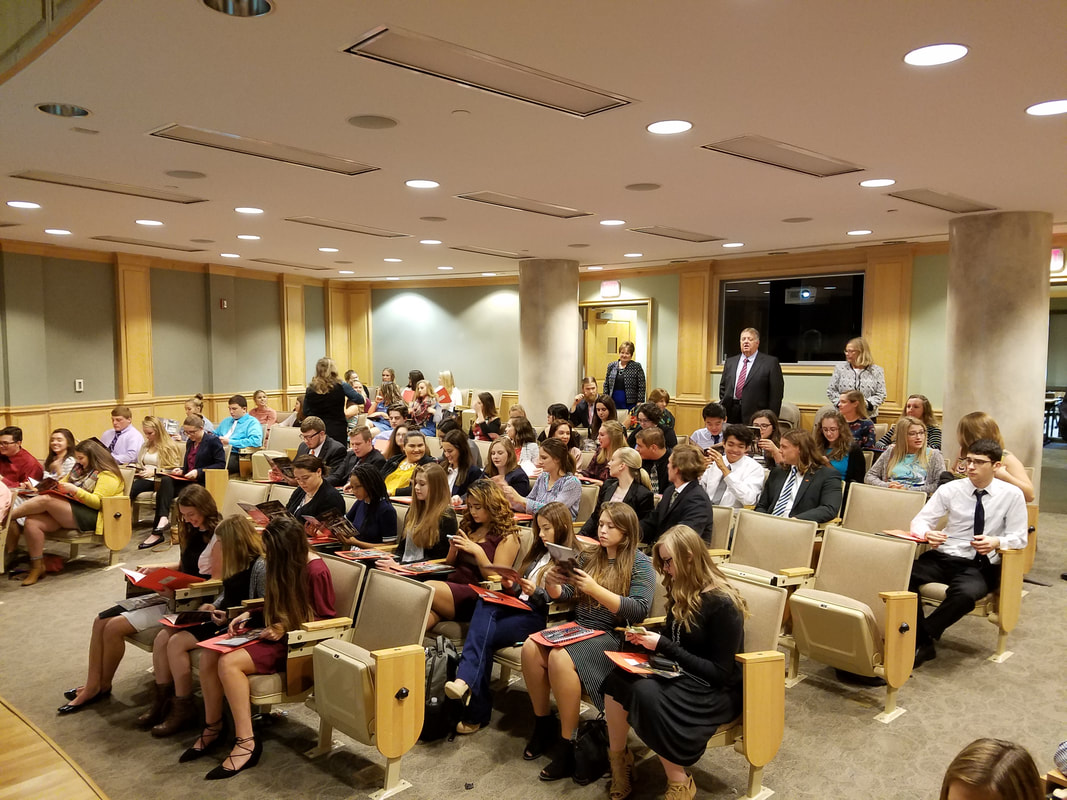
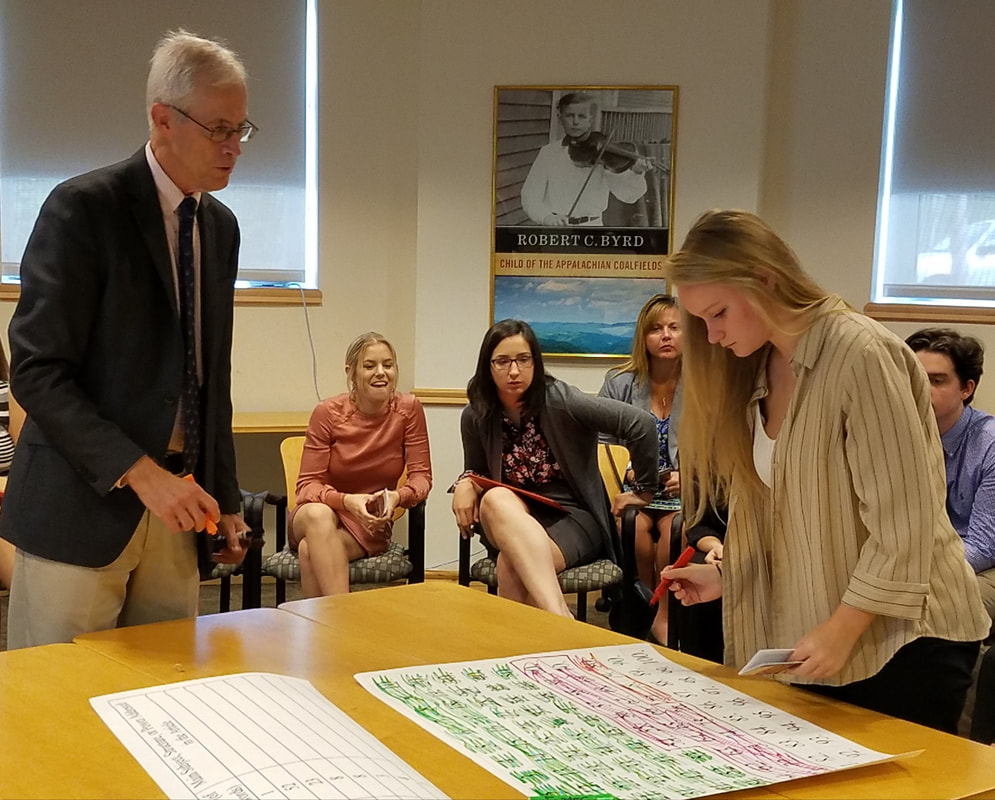
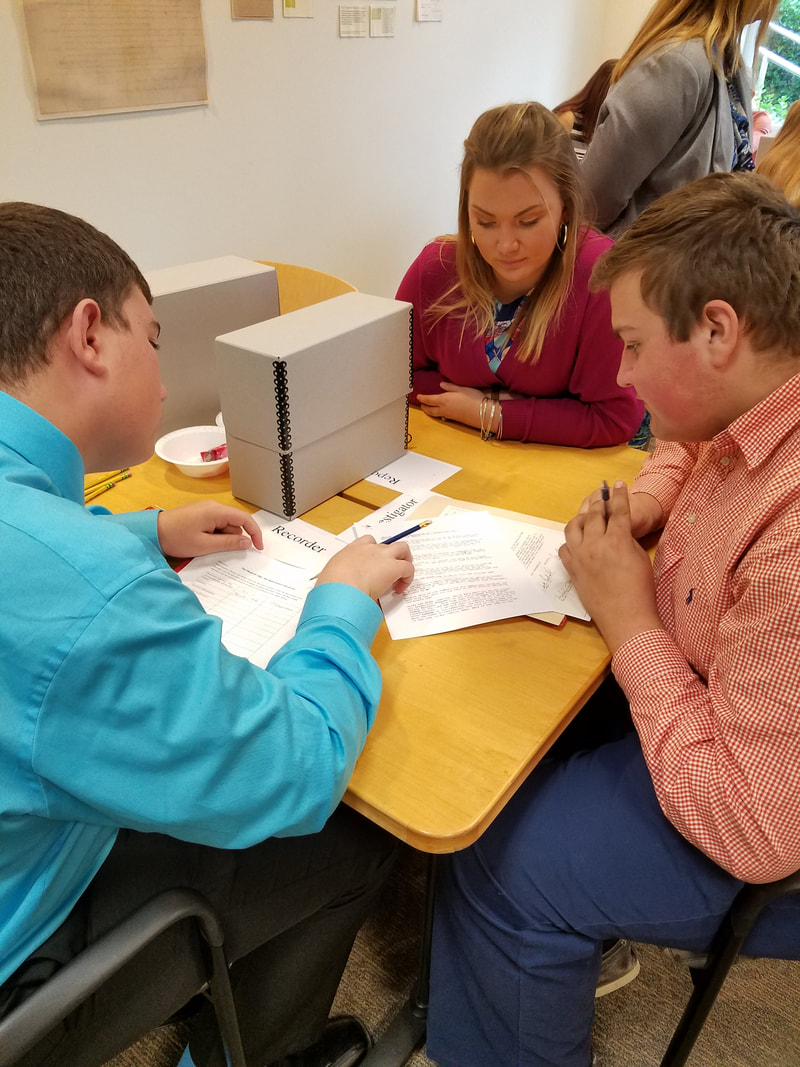
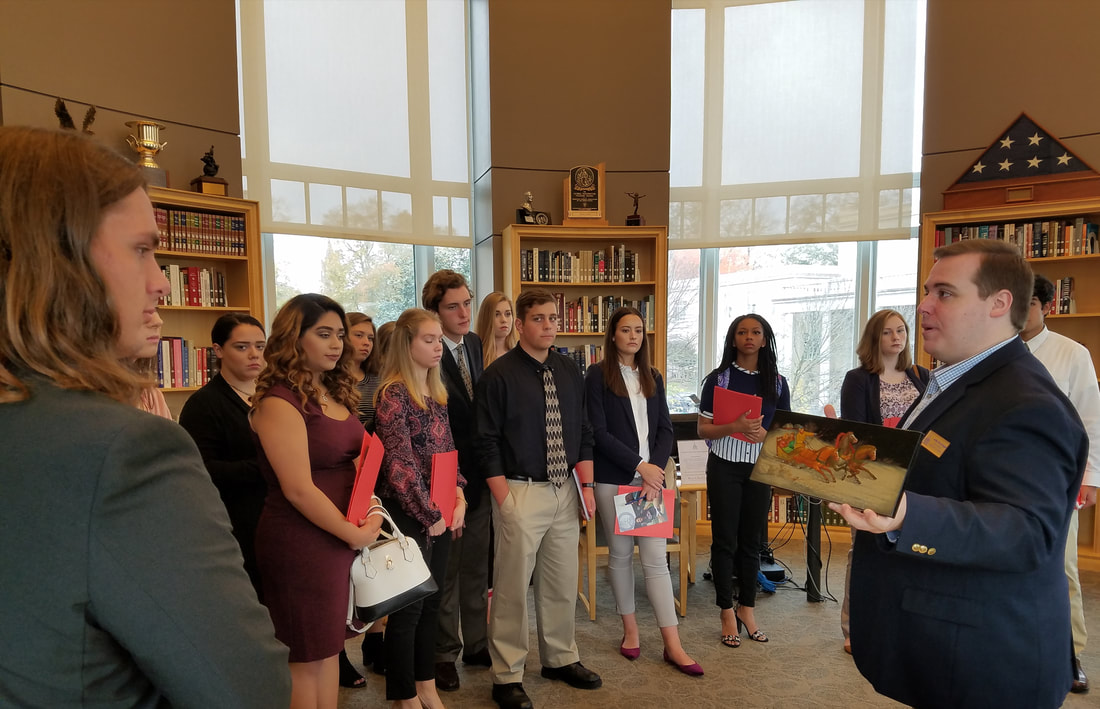
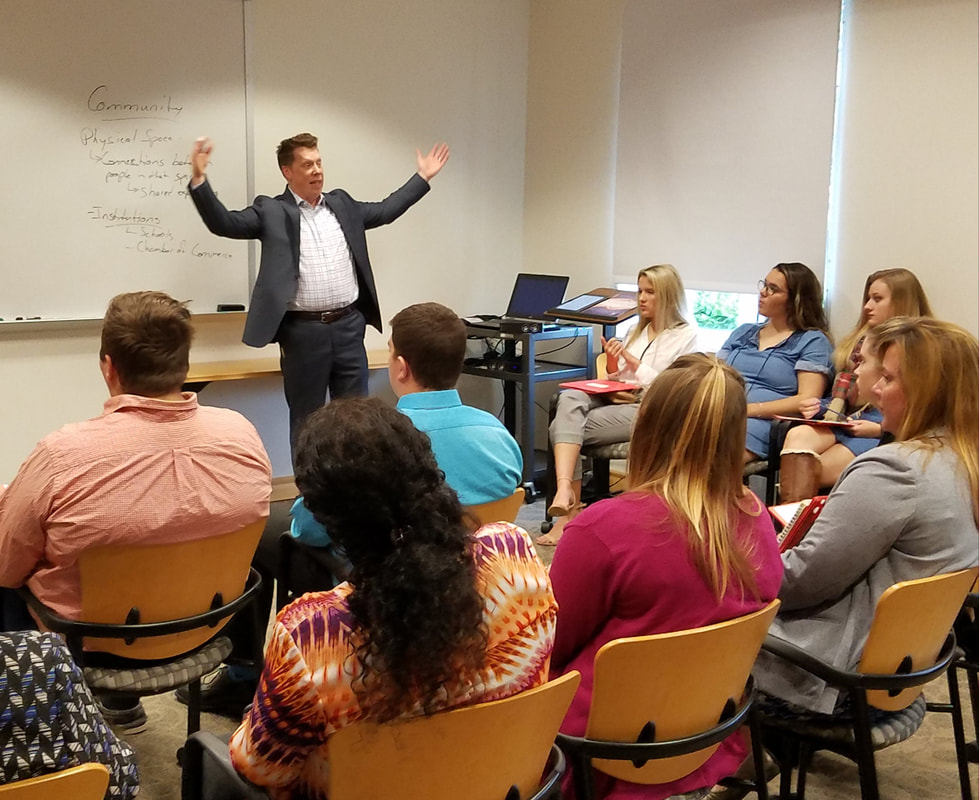
 RSS Feed
RSS Feed
